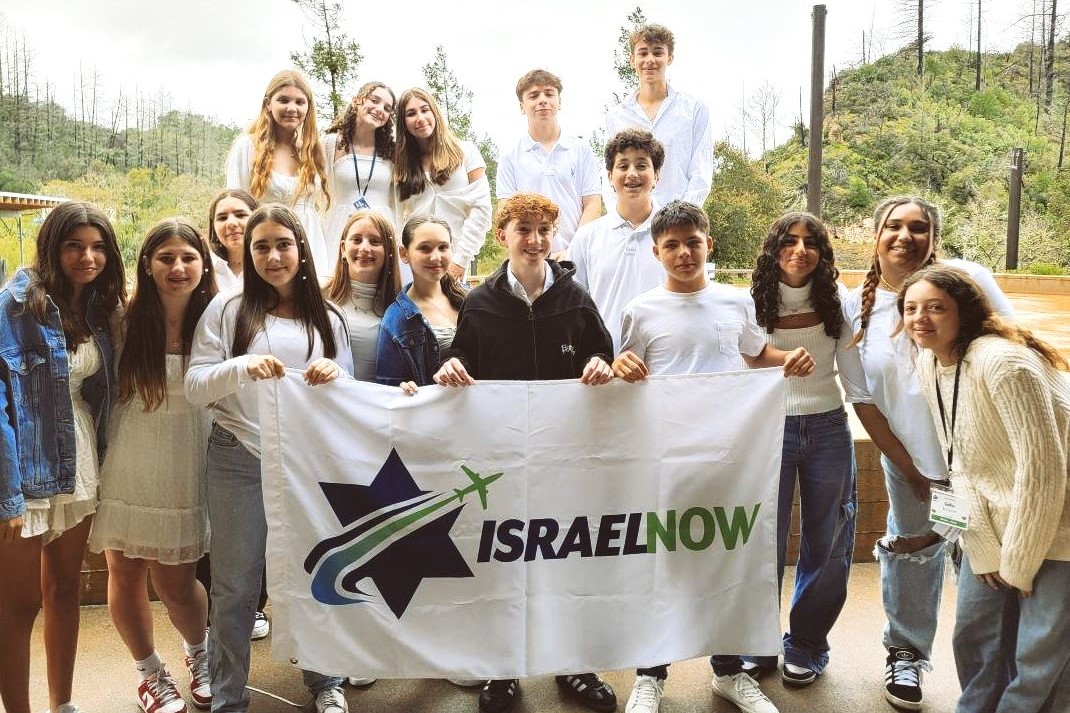Waiting for God: Expressing Frustration in Prayer

This week’s Dvar Torah on Parahat VaYehi was written by Rabbi Elie Kaunfer, President and CEO of the Hadar Institute.

Photo by AH NP on Unsplash
Where is God in my life and why am I stuck in a difficult place?
Will God ever intervene on my behalf, and help me—and all of us—come to a better place? What if I am skeptical if God can rescue at all?
These are questions so often on the mind of those who pray.
In the middle of Ya’akov/Jacob’s blessing to his children (between Dan and Gad), he interjects the following:
בראשית מט:יח
'לִישׁוּעָתְךָ קִוִּיתִי ה
Genesis 49:18
I hope for Your salvation, O Adonai!
Ya’akov/Jacob, who was addressing his children, turns to speak directly to God, saying how he hopes for God’s rescue (ישועה).
The word קויתי is often translated as “I hope,” from the same root as the word “tikvah - hope.”1 But it also means: “I wait.”
Ya’akov says: I am waiting for your rescue, O God.2
Hope is really an orientation toward waiting, emphasizing what is possible, but not yet here.
At the end of the day, though, Ya’akov remains waiting, perhaps impatiently, for God’s salvation…
The context of this interjection is one in which Ya’akov thought he had seen the end of suffering, and the new world emerging.
Alas, he was wrong, and he blurts out: “I am still waiting for Your salvation, God.”
There is a tinge of frustration and disappointment in Ya’akov’s words.
We recite a version of the line “I wait for Your salvation, O YHVH,” in the 15th blessing of the daily Amidah, which is a plea for the return of God’s Messiah, a descendant of David (not Dan):3
את צמח דוד עבדך מהרה תצמיח
וקרנו תרום בישועתך
כי לישועתך קוינו כל היום
ברוך אתה ה' מצמיח קרן ישועה
The sprout of David Your servant may You speedily sprout
And his horn may You raise through Your salvation
For Your salvation we hope for all the day.
Blessed are You, YHVH, who sprouts the horn of salvation.
The beginning of this blessing is focused on a particular human savior. But when we get to the middle of the blessing, we turn our attention to God’s direct salvation, not that of a human messenger…
Sometimes prayer is about recalibrating our hopes, and returning to God as the ultimate savior.
After all, we have been waiting so long…
But what can we do with our frustrations?
The simple phrase “ כל היום - all the day,” which is connected in our blessing to the phrase from Genesis 49:18, offers an answer.4
The phrase כל היום appears 48 times in the Tanakh. But for many of these, the use of כל היום is not just an indication of time (“all day long”), but also a sign of intense suffering and abandonment by God...5
In some ways, then, the addition of כל היום in our blessing to the phrase, “we hope for Your salvation,” is a subtle reminder to God that all the days in which God does not come, we are suffering due to God’s inaction.
We pay a price while we wait. Perhaps it is a goad to God to bring salvation, since our suffering has lasted “all the day.”
I want to acknowledge the difficulty of a stance in prayer that expects that God will eventually save us, even after all we have been through as a people.
For me, on a rational level, waiting for this salvation feels absurd.
For some, then, this blessing may be a reminder about the fleeting nature of human power…
How often do we trust in certain humans to solve our issues only to be reminded of the folly of this stance.
Ya’akov’s refocusing away from human salvation is an important model for us, even if the possibility of a God who saves sounds just as misguided.
And yet, if I am honest with myself, I still hope—and wait—for God’s deliverance. Indeed, I pray for it actively.
This may not be theologically or historically defensible, but it is expressive of my emotional state in prayer.
I find myself gravitating toward a stance of: “Why do You hide Your face?” instead of completely giving up on the possibility of salvation.
For me, moments of prayer can transcend the rational critique of an active God.
In fact, hoping and praying are synonymous activities,6 and just as hoping does not always align with rational thinking, praying also is not ultimately limited by our rational beliefs.
Sometimes prayer is about thanking God for the blessings in our lives.
But sometimes it is an opportunity to express our frustration at God’s inaction. Although subtle, this blessing makes room for some of that emotion.
And I continue to wait—and hope—for God’s rescue, even as the waiting is sometimes excruciating.
1 See, for instance, Jeremiah 31:16; Proverbs 11:7; Lamentations 3:29.
2 Robert Alter, The Hebrew Bible: A Translation with Commentary (New York: Norton, 2019), vol. 1, p. 196, translates this verse as: “Your deliverance I await, O Lord.” See also Ludwig Koehler and Walter Baumgartner, The Hebrew and Aramaic Lexicon of the Old Testament (Leiden: Brill, 2001), vol. 2, p. 1082, who lists our verse as an example of “to wait for something.
3 The link of Genesis 49:18 to this blessing is noted by R”I bar Yakar, ed. Yerushalmi, p. 57 and R. David Abudraham, ed. Braun, p. 230.
4 Although note Psalm 25:5, also cited by R”I bar Yakar, in which the elements of ישועה, תקוה and כל היום are all present.
5 In addition to the selections from the two Psalms below, see Jeremiah 20:7-8; Psalm 38:13; 56:6; 74:22; 88:18; 102:9; Lamentations 1:13; 3:3,14,62.
6 Midrash Tehillim 25:7, ed. Buber, p. 106b, equates “קויתי - I hope” with “להתפלל - to pray.”
Shabbat Shalom




